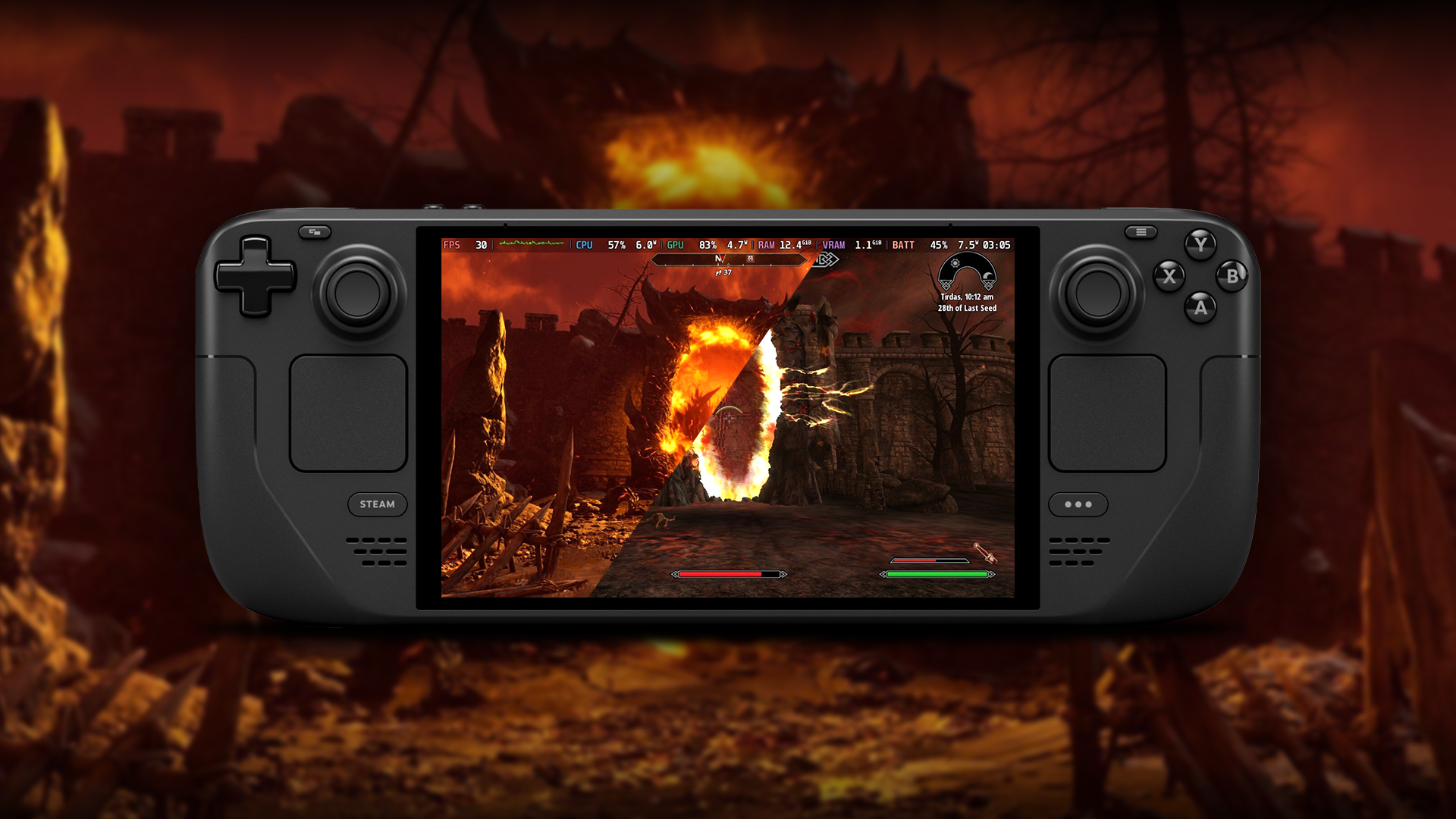
Microsoft’s push to close their merger deal with Activision Blizzard will come under in-depth scrutiny for the European Commission, the executive branch of the EU Union, over anti-trust matters. The tie-up between the two giants was expected to go through for a whopping $68.7 billion payment on Microsoft’s part, but the EU’s apprehension of how that affects competition in the PC and console gaming market has been a persistent roadblock for Microsoft.
Microsoft’s big push for this deal is a direct play at competing with gaming industry biggies Tencent and Sony. The latter has publicly stated that this could affect fair competition in the market, particularly with regard to Activision Blizzard’s flagship games like Overwatch and Call of Duty – as the company behind XBox and Gamepass, Microsoft would technically be in prime position to make games like Call of Duty exclusive to their own platforms and consoles, apart from having direct control over the titles.
Addressing Sony’s concerns, Microsoft had said in a statement in October that they were “committed” to making Call of Duty available “on the same day” on both the XBox as well as the Playstation. But with the scale of effects that could potentially come from Microsoft breaching such a commitment, neither Sony nor the EU are satisfied.
Image Credit: MarketWatch
Microsoft’s Says The Deal Focuses On Mobile Gaming
Microsoft has consistently maintained its position that no Activision titles will be taken out of the reach of its competitors. In a statement in September, Microsoft had said in a statement that they would “pursue a principled path” and not deprive gamers where they currently play games like Call of Duty. They also said that cross-platform services would not go away, citing the 2014 deal to acquire Mojang, creator of the ubiquitous Minecraft title.
In the same statement, Microsoft also pointed out that they were primarily pursuing this merger because of Activision’s capabilities as a mobile gaming developer, suggesting that the PC and console gaming sectors weren’t necessarily their biggest targets with this deal. They added that they were confident that the details of this deal would reveal that it was in the interests of the industry as a whole.
Microsoft Misses Commission Remedies Deadline
The transaction to complete this merger was notified to authorities in September, following which a preliminary investigation had begun. At that point, the UK’s anti-trust watchdog Competition and Markets Authority had also taken note of the transaction and said a merger may result in “substantial lessening” of competition within the United Kingdom.
Not shortly after, the EU had signaled similar concerns and sought remedies from Microsoft with respect to their proposed bid. The deadline for Microsoft to submit those remedies was on October 31, and the tech giant missed it, which has led to what will now be a deeper probe of the deal.
“The preliminary investigation suggests that Microsoft may have the ability, as well as a potential economic incentive, to engage in foreclosure strategies vis-à-vis Microsoft’s rival distributors of console video games, such as preventing these companies from distributing Activision Blizzard’s console video games on consoles or degrading the terms and conditions for their use of or access to these video games,” a statement from the European Commission read.
In general, it is understood that companies do not submit remedies during the first stage of review because doing so would open a months-long investigation very early on in the deals. In this case, with the EU opening up Phase 2 on their investigation, the lack of submission seems like a move from Microsoft to buy more time. The European Commission will make its decision on March 23, 2023.
As things stand, the UK is also probing this deal, and the same is expected from at least a portion of the markets that will need to approve the deal – Australia, New Zealand, Japan, and South Korea are some major names on that front.








